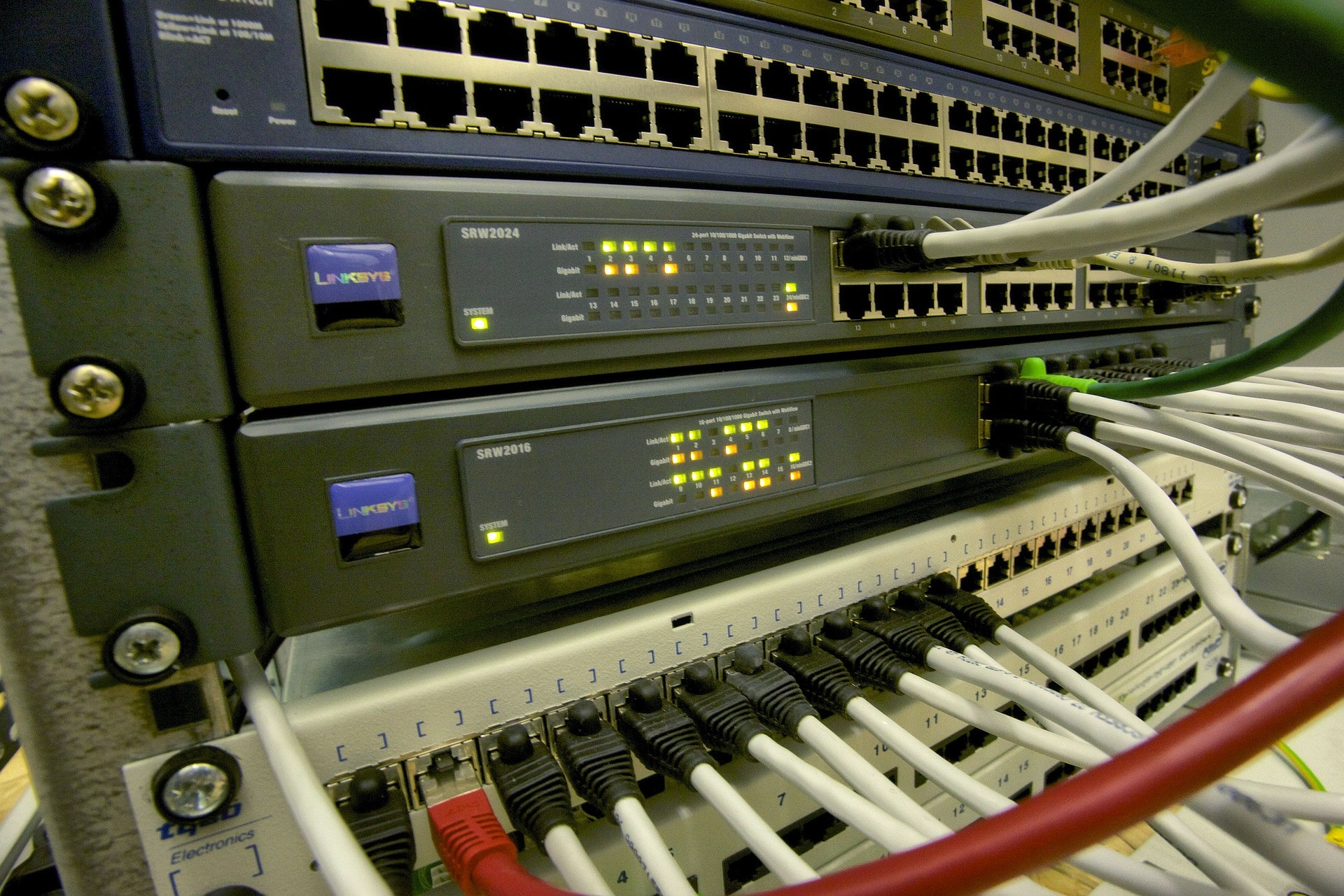Many of you have probably heard of something called Ransomware on the news and are wondering what it is and how it can affect you. Ransomware is a type of malicious software or malware as it is known that after infecting your computer will search for many kinds of files including documents, videos, game saves amongst many other types of file and encrypts them with a key known only to the creators of the malware then attempts to get you to pay the creators to get your files unlocked.
You can get ransomware from infected emails, compromised websites, dodgy internet advertisements and even potentially from infected USB drives. Most decent antivirus software will pick up most variants of ransomware but not all variants. New malware is created as fast as the antivirus companies can detect and block it in an everlasting arms race between security professionals and criminals. In another guide I will be providing reviews of various antivirus software with the pros and cons for each but for now I will be just helping you deal with the risk of ransomware.
The best way to avoid having to pay up after getting your files locked is to keep regular backups. Regular backups will also protect your data from other problems. The most common form of backups is to just copy your files onto a USB drive. If you have Windows 8, 8.1 or Windows 10 then you are in luck as Microsoft have a backup application called File History which is able to automatically backup your files to an external USB flash or hard drive. File History can also backup to a Network Attached Storage also known as a NAS box. Apple computers are also at risk of ransomware but not as much as windows computers. Apple includes a backup program called Time Machine which can back up to an external drive or a NAS.
USB flash drives are cheap and easily obtainable even many supermarkets stock them in this day and age. USB hard drives cost more but are able to store far more then USB. USB drives also have the advantage of being able to be easily disconnected when you are not actually using them which helps a lot in protecting the backup from also being compromised by ransomware. Network Attached storage has the advantage of being able to backup multiple computers at once, always on for constant backups and able to easily share your media with all your devices but has the disadvantage of being vulnerable to malware able to scan the network for files to lock.
If you are infected with ransomware and your files are locked your options are either to start from scratch, restore from a backup if you have one or pay the criminals for your files to be unlocked. If you are in the unfortunate situation where you have to pay for precious family photos or important business documents to be released you will likely have to pay the criminals in what is known as bitcoin, a semi anonymous internet equivalent to cash making the criminals hard to track down and often they are in countries that place them out of reach of the Australian authorities. It is still a good idea to report them to the police though because something may be able to be done in the future. You may get lucky and be able to negotiate down the fee to get your money back as to the criminals some money is better than none at all but it is not guaranteed.
In conclusion the best defence against ransomware is to mitigate your risk using good antivirus software and have regular backups so that if you happen to get infected not much is at risk of being lost. Small Space IT can help you pick what backup strategy best suits your needs.

